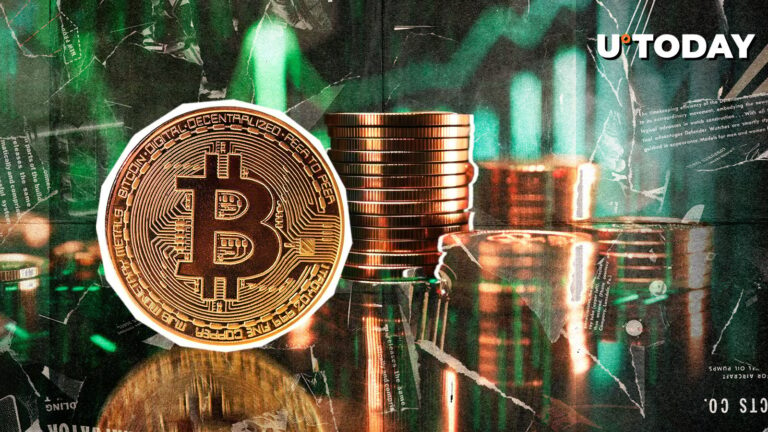Another U.S. State Proposes Bitcoin Reserve Fund for State Investments
Missouri Joins the Trend
Missouri is the latest state in the United States to propose a Bitcoin reserve fund for state investments. This move aligns with a growing trend among states to explore the use of cryptocurrency for government investments and operations.
Following Trump’s Lead
The proposal in Missouri echoes a campaign promise made by former President Donald Trump, who advocated for the use of Bitcoin and other cryptocurrencies as a way to diversify state assets. This idea seems to be gaining traction, with 17 U.S. states now considering similar measures.
While Bitcoin has traditionally been seen as a volatile and risky investment, proponents argue that it can provide a hedge against inflation and economic instability. By incorporating Bitcoin into state investment portfolios, policymakers hope to generate higher returns and better protect taxpayer funds.
However, critics raise concerns about the potential risks associated with cryptocurrency investments, citing the lack of regulation and the possibility of market manipulation. They also question the wisdom of using taxpayer money to speculate on digital assets with uncertain long-term prospects.
Despite these reservations, the push for Bitcoin reserve funds in state governments signals a broader acceptance of cryptocurrency as a legitimate asset class. As more states explore this option, it will be interesting to see how the landscape of government finance evolves in the coming years.
Impact on Individuals
For individual investors, the adoption of Bitcoin reserve funds by state governments could have several implications. As more institutions enter the cryptocurrency market, the demand for Bitcoin and other digital assets may increase, leading to potential price appreciation. This could benefit individuals who hold or invest in cryptocurrency, as well as those who participate in the broader financial markets.
However, the increased institutional presence in the cryptocurrency space could also lead to greater market volatility and regulatory scrutiny. Individual investors should be aware of these risks and take steps to protect their investments accordingly.
Global Ramifications
The establishment of Bitcoin reserve funds by U.S. states could have global ramifications for the cryptocurrency market. As more governments and institutions embrace digital assets, the legitimacy and mainstream acceptance of cryptocurrencies are likely to grow. This could lead to increased adoption and investment in Bitcoin and other cryptocurrencies on a global scale.
Furthermore, the involvement of state governments in the cryptocurrency market could help to shape regulatory frameworks and best practices for digital asset investments. This could pave the way for greater institutional adoption and integration of cryptocurrencies into traditional financial systems worldwide.
Conclusion
The proposal of Bitcoin reserve funds by U.S. states like Missouri highlights the evolving landscape of government finance and investment. While the use of cryptocurrency in state portfolios presents both opportunities and risks, it reflects a growing acceptance of digital assets as a legitimate asset class.
Individuals and institutions alike should closely monitor these developments and consider how they may impact their own investment strategies and financial goals. As the cryptocurrency market continues to evolve, it will be crucial to stay informed and adapt to the changing regulatory and market conditions.




